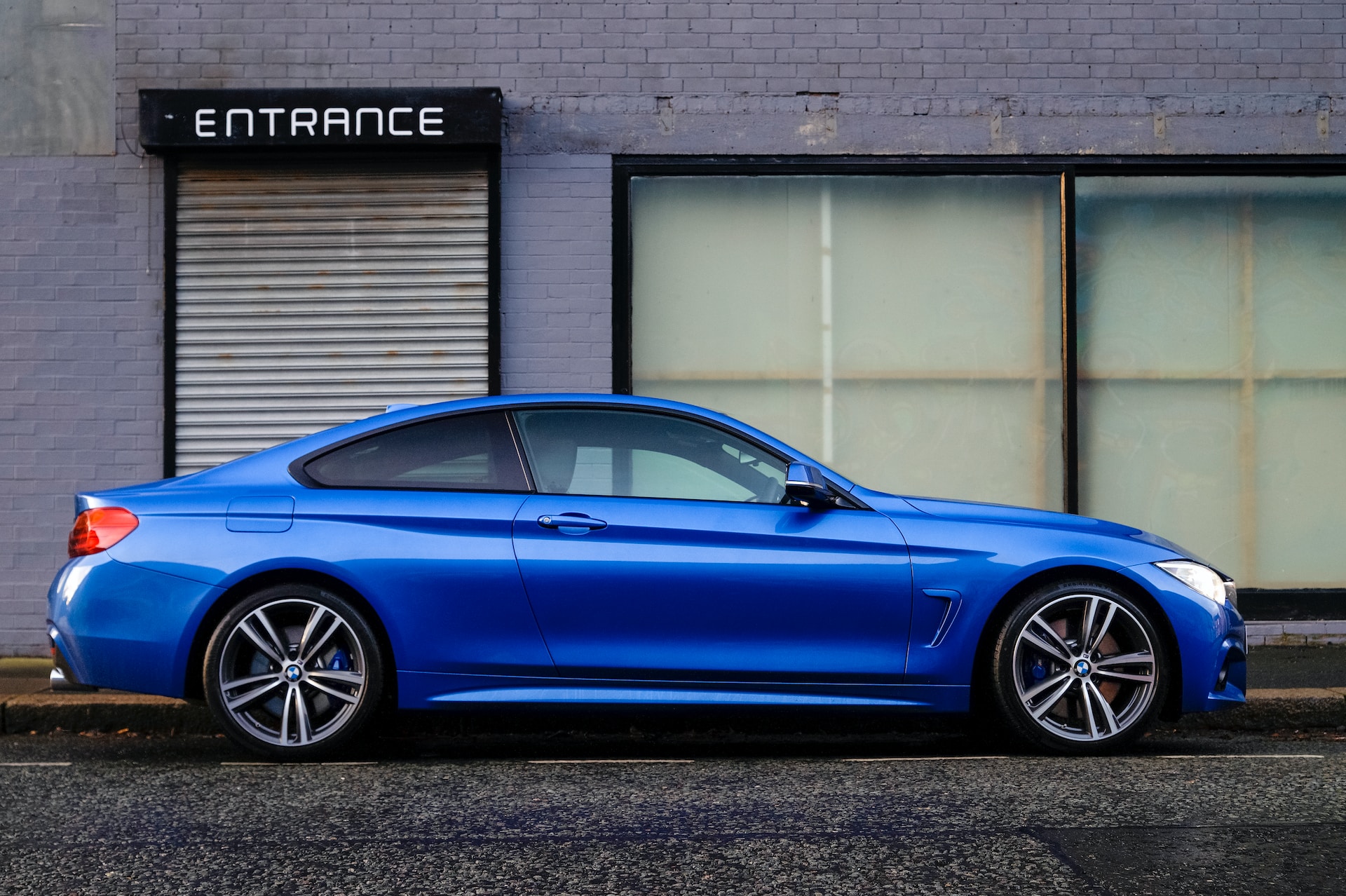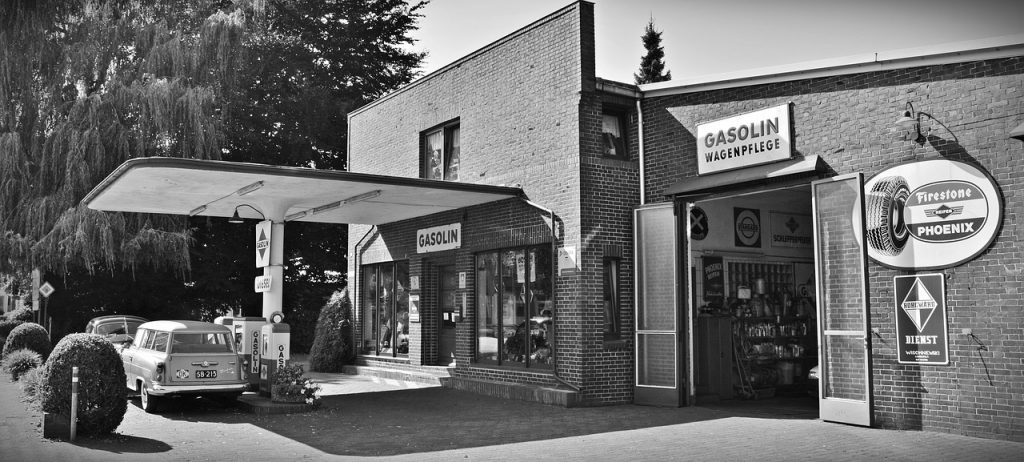When buying a car, deciding between a diesel or petrol engine is one of the most important choices you will make. Both of them have their set of benefits and drawbacks, and being able to distinguish the two can help you decide which works best for you.
Fuel Type
The most obvious difference between diesel and petrol cars is the type of fuel they use. Petrol engines run on unleaded petrol, while diesel engines run on diesel fuel. Diesel fuel is denser and has a higher energy density than petrol, so diesel engines are typically more fuel-efficient than petrol engines. However, petrol engines tend to produce more power and torque than diesel engines.
Fuel Efficiency
As mentioned earlier, diesel engines are generally more fuel-efficient than petrol engines. That’s because diesel fuel has a higher energy density, meaning it contains more energy per litre than petrol. As a result, diesel engines can travel further on a litre of fuel than petrol engines. This makes diesel cars popular for drivers who regularly cover long distances.
Performance
While diesel engines are more fuel-efficient than petrol engines, they tend to produce less power and torque. This means diesel cars may not be as fast or responsive as petrol cars. However, diesel engines are known for their low-end torque, which makes them well-suited for towing and hauling heavy loads.
Maintenance
Diesel engines are generally more durable than petrol engines, requiring less maintenance over time. However, diesel engines are likely more expensive to repair when something goes wrong. Additionally, diesel engines require specific maintenance procedures, such as regular particulate filter cleanings, which can add to the cost of ownership.
Cost
Oftentimes, diesel cars are pricier to buy than petrol cars; diesel engines are more complex and require more costly materials than petrol engines. Additionally, diesel cars may be subject to higher road taxes and higher fuel prices in some countries.
Environmental Impact
Diesel cars have historically been seen as less environmentally friendly than petrol cars. The reason behind it is the fact that diesel engines produce more nitrogen oxides (NOx) and particulate matter (PM) than petrol engines.
However, modern diesel engines are fitted with exhaust after-treatment systems, like diesel particulate filters and selective catalytic reduction systems, which reduce emissions significantly. As a result, diesel cars are now much cleaner than they used to be.
Noise and Vibration
Diesel engines tend to be noisier and more vibratory than petrol engines. This is because the former uses compression ignition, which creates more noise and vibration than the spark ignition used by the latter. However, technological advancements have made diesel engines quieter and smoother than they were in the past.
Final Thoughts
To sum up, diesel and petrol cars differ in several ways. Diesel engines are generally more fuel-efficient and durable than petrol engines, but they tend to produce less power and torque. Petrol engines are typically faster and more responsive than diesel engines but are less fuel-efficient. When choosing between a diesel and petrol car, consider your driving needs and priorities to make the best purchasing decision.
At Fuel Fixer, we provide 24/7 fuel replacement services for both diesel and petrol cars. Whether you accidentally fill up with the wrong fuel or experience other fuel-related issues, our recovery mobile units can help you get back on the road quickly and safely. Call us anytime at 0333 366 1081 to request assistance from the best wrong fuel experts in the UK!

